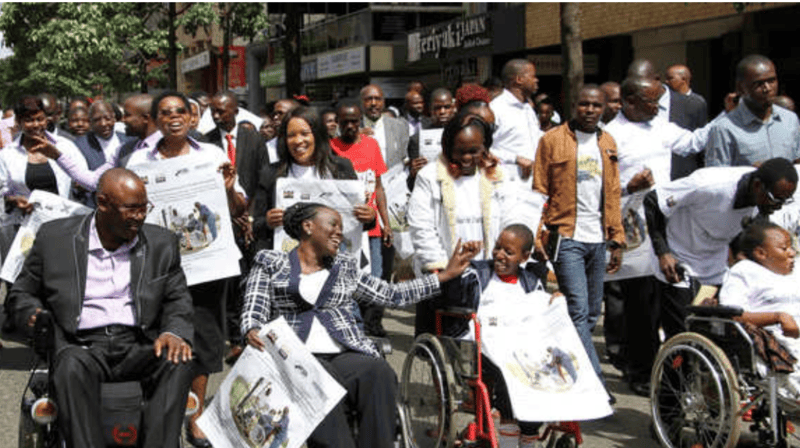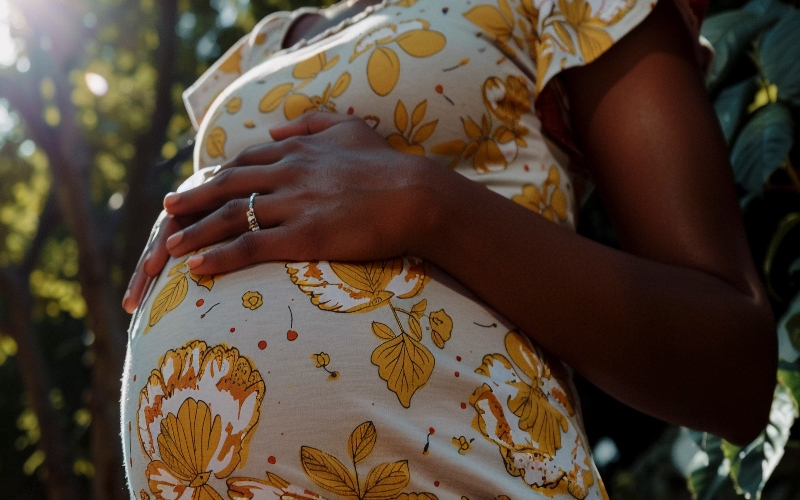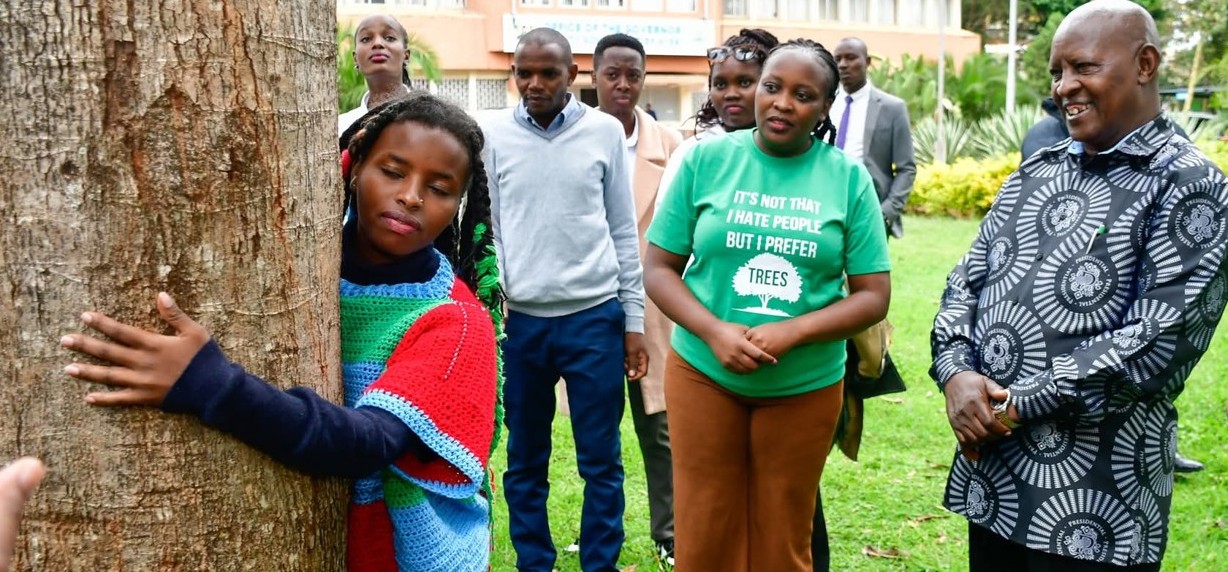Mombasa begins countywide fumigation to curb Chikungunya outbreak
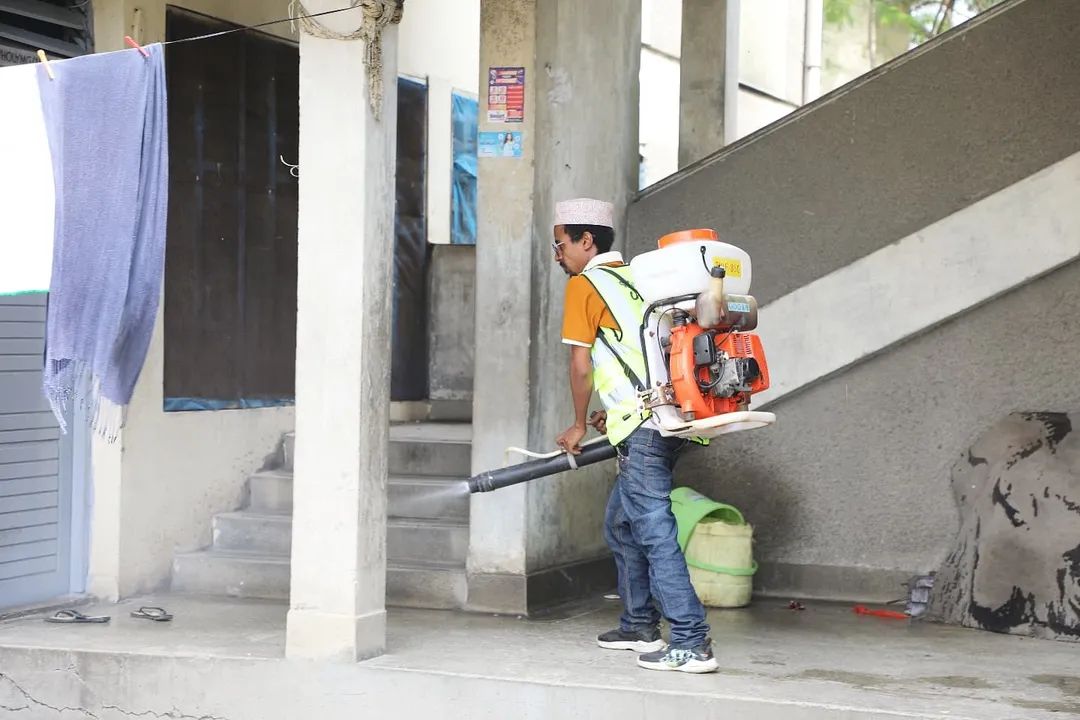
Common symptoms include sudden high fever, severe joint and muscle pain, rash, and headaches. In rare cases, it can cause bleeding. The illness typically appears two to seven days after a mosquito bite.
Mombasa County has launched a mass fumigation campaign in residential areas in a bid to eradicate mosquitoes following a spike in Chikungunya cases.
The viral disease, primarily spread by infected Aedes mosquitoes, has triggered concern among health officials, prompting an intensified vector control response targeting affected neighbourhoods, schools, health facilities, and other public spaces.
More To Read
- Kenya’s malaria cases jump 27 per cent to 4.1 million in 2025, WHO report reveals
- Study warns climate shifts could widen malaria risk across Africa
- Climate change is making the world sick: COP30 report links climate change to new disease hotspots
- In narrow alleys of Sudan's capital, volunteers battle dengue fever spread
- UK, African researchers join forces in Sh1.4 billion battle against bilharzia
- US suspends chikungunya vaccine after reports of severe side effects
According to the Department of Health Services, the campaign also seeks to combat other mosquito-borne diseases such as dengue fever and malaria, which have been reported in rising numbers across the county’s six sub-counties.
“In the wake of widespread cases of Chikungunya, dengue, and malaria, we have launched an intensified vector control campaign focused on disrupting the mosquito life cycle,” the department stated.
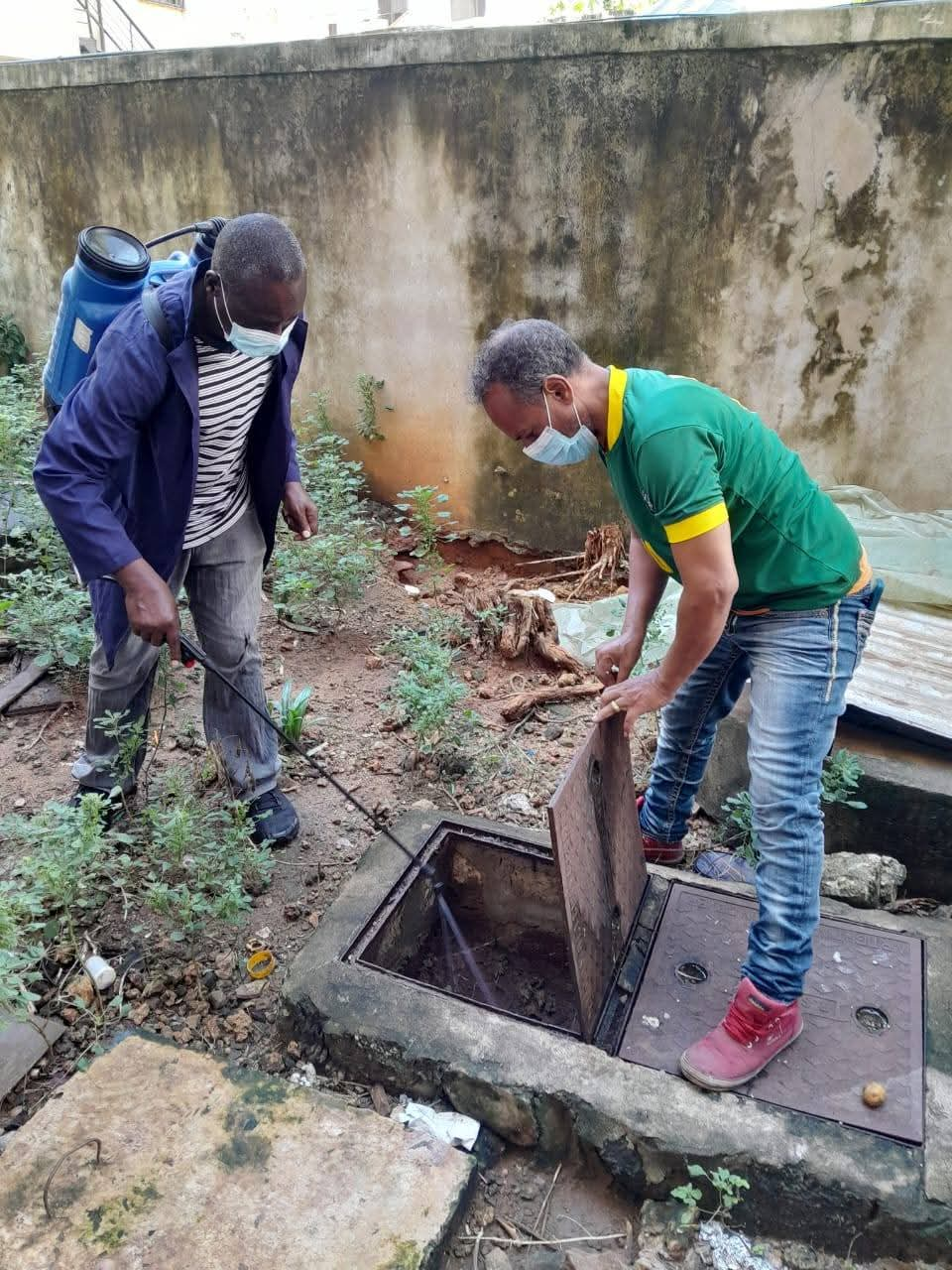 County health officials carrying out fumigation exercise in residential areas following Chikungunya outbreak in Mombasa. (Photo: Farhiya Hussein)
County health officials carrying out fumigation exercise in residential areas following Chikungunya outbreak in Mombasa. (Photo: Farhiya Hussein)
Chikungunya is a viral illness that affects both humans and some primates. Common symptoms include sudden high fever, severe joint and muscle pain, rash, and headaches. In rare cases, it can cause bleeding. The illness typically appears two to seven days after a mosquito bite.
Health officials have warned that there is no specific treatment or vaccine for the virus. Instead, patients are advised to rest, stay hydrated, and take paracetamol for fever and pain.
Aspirin and other anti-inflammatory drugs are discouraged due to the risk of bleeding.
The Department of Public Health has issued a public advisory urging residents to take preventive measures, including using mosquito repellents, wearing long-sleeved clothing, sleeping under treated mosquito nets, and eliminating stagnant water around homes to prevent mosquito breeding.
“Chikungunya is preventable if we all take the right steps. Community vector control remains a vital intervention in safeguarding public health.”
The fumigation exercise is set to continue across all the county’s sub-counties in the coming weeks.
Top Stories Today


